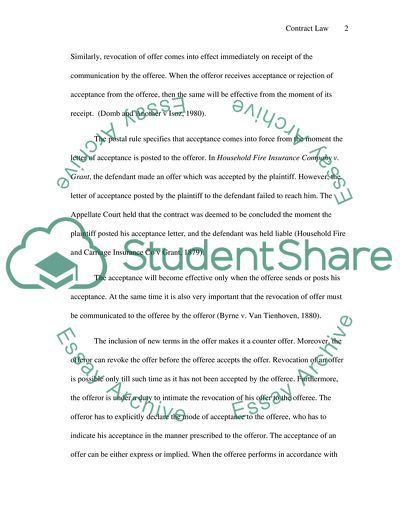Cite this document
(Contractual and Commercial Disputes Assignment Example | Topics and Well Written Essays - 2000 words, n.d.)
Contractual and Commercial Disputes Assignment Example | Topics and Well Written Essays - 2000 words. Retrieved from https://studentshare.org/law/1715000-contract-law-1
Contractual and Commercial Disputes Assignment Example | Topics and Well Written Essays - 2000 words. Retrieved from https://studentshare.org/law/1715000-contract-law-1
(Contractual and Commercial Disputes Assignment Example | Topics and Well Written Essays - 2000 Words)
Contractual and Commercial Disputes Assignment Example | Topics and Well Written Essays - 2000 Words. https://studentshare.org/law/1715000-contract-law-1.
Contractual and Commercial Disputes Assignment Example | Topics and Well Written Essays - 2000 Words. https://studentshare.org/law/1715000-contract-law-1.
“Contractual and Commercial Disputes Assignment Example | Topics and Well Written Essays - 2000 Words”. https://studentshare.org/law/1715000-contract-law-1.


